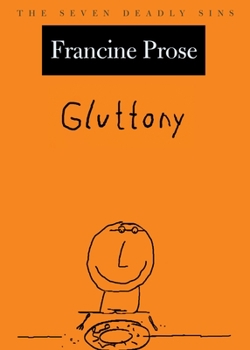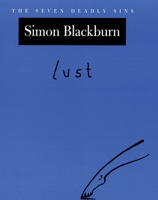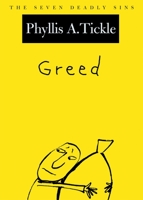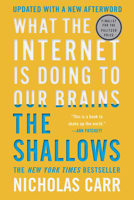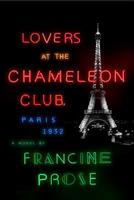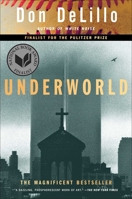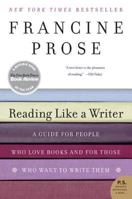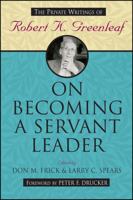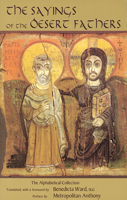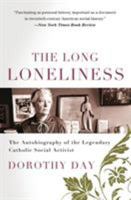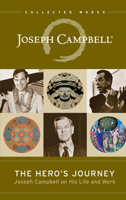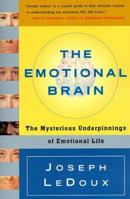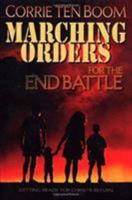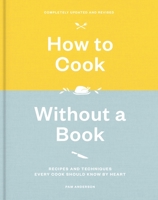Gluttony: The Seven Deadly Sins
(Part of the Τα Επτά Θανάσιμα Αμαρτήματα (#5) Series and The Seven Deadly Sins Series)
Select Format
Select Condition 
You Might Also Enjoy
Book Overview
In Gluttony, Francine Prose serves up a marvelous banquet of witty and engaging observations on this most delicious of deadly sins. She traces how our notions of gluttony have evolved along with our ideas about salvation and damnation, health and illness, life and death. Offering a lively smorgasbord that ranges from Augustine's Confessions and Chaucer's Pardoner's Tale, to Petronius's Satyricon and Dante's Inferno, she shows that gluttony was in medieval times a deeply spiritual matter, but today we have transformed gluttony from a sin into an illness--it is the horrors of cholesterol and the perils of red meat that we demonize. Indeed, the modern take on gluttony is that we overeat out of compulsion, self-destructiveness, or to avoid intimacy and social contact. But gluttony, Prose reminds us, is also an affirmation of pleasure and of passion. She ends the book with a discussion of M.F.K. Fisher's idiosyncratic defense of one of the great heroes of gluttony, Diamond Jim Brady, whose stomach was six times normal size.
"The broad, shiny face of the glutton," Prose writes, "has been--and continues to be--the mirror in which we see ourselves, our hopes and fears, our darkest dreams and deepest desires." Never have we delved more deeply into this mirror than in this insightful and stimulating book.
Customer Reviews
Rated 5 starsA refreshing new look at an old sin...interesting little book!
This book is really cute and little, but deals with a serious and deadly subject: gluttony and obesity. Really fascinating insights and it is so easy and fast to read. I digested every page and didn't gain a single pound - Amazing! Great read!
0Report
Rated 5 stars"We have become a culture of gluttons"
So concludes Francine Prose in her insightful analysis of gluttony. Part of the sadly uneven 7 Deadly Sins series, Prose's volume is one of the three best of the lot (the other two are Simon Blackburn's Lust and Robert Thurman's Anger). It's well worth reading. Prose, a sensitive historian as well as a penetrating observer of contemporary culture, believes that gluttony "may well be the most widespread" of the 7 deadlies,...
0Report
Rated 5 starsToo soon, too expensively, too greedily, too delicately, and too much
Gluttony is perhaps the most misunderstood of the seven sins, but in this book we discover that there is much more to it than eating a lot. For one thing most people tend to associate it with overeating, but in reality it also encompasses any harmful kind of indulgence, including alcohol and drugs. Also in the first chapter, the other aspects of gluttony are revealed: too expensively and too delicately, things nowadays most...
0Report
Rated 5 starsBrief and Entertaining
Seeing that this book was part of a set on the 7 Deadly Sins, I thought these short little books would be a quick little study into the sins. Prose does a great job of doing just that - entertaining with little tidbits of information on the sin of gluttony. The little time it takes to read this book is well worth the time.
0Report
Rated 5 starsIs It Really a Sin?
Francine Prose examines gluttony as one of the seven deadly sins, and discovers that we may need to update that list. Gluttony is no longer a sin in our society, but obesity is. We don't scorn a thin person who eats a lot, in fact, we envy her. (Oops, another deadly sin rears its ugly head.)Prose looks at the history of gluttony, in the church, in paintings and murals (check out Diego Rivera's Capitalist Dinner), and in popular...
0Report










